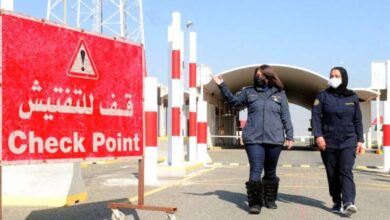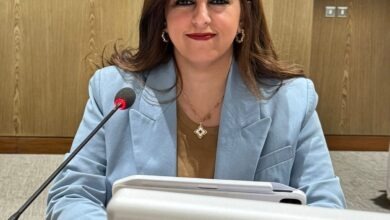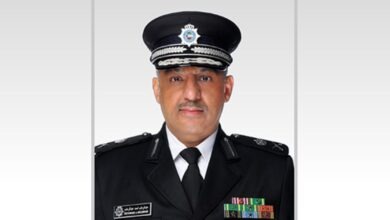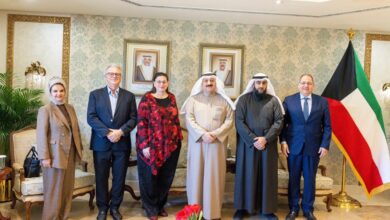Kuwait’s Future: Mindset Shift for a Sustainable, Innovative Nation
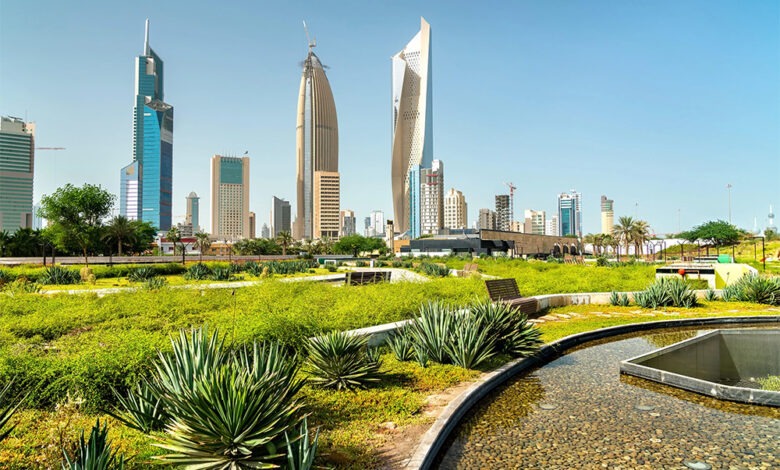

By Sarah Al Sabah
Special to The Times Kuwait
In boardrooms, classrooms, cabinet rooms, and community gatherings across Kuwait, a quiet but urgent realization is taking root: we are living the future we once planned for.
Kuwait Vision 2035 and its Master Plan 2040 are national compasses that lay out a future where Kuwait is no longer defined solely by its oil wealth. Kuwait is defined by its ingenuity, resilience, and leadership in a fast-evolving global landscape. Yet, as any seasoned strategist will tell you: a vision without velocity is just a dream.
The challenge we now face is not a lack of resources, ambition, or planning. It is a mindset challenge. How we think, how we lead, and how we choose to move beyond inherited structures that no longer serve Kuwait’s next chapter.
The Courage to Rethink the Old Playbook: The global economy is transforming rapidly. Energy markets are shifting, technology is redefining productivity, and young populations are demanding relevance and opportunity. For Kuwait, the old ways of doing business with its heavy bureaucracy, oil dependence and state dominated workforce, is no longer an option.
This is the moment to embrace creative disruption from within: to reform the regulatory environment, welcome private-sector leadership, and empower a new generation of Kuwaitis to design the systems, services, and solutions of tomorrow.
From Wealth to Wisdom: Redefining Economic Strength: Diversification has long been part of the conversation, but the time for conversations is over. We must actively build an economy where growth is driven by knowledge, not barrels. That starts with reimagining Kuwait as a financial and innovation hub, where SMEs, creative industries, and digital pioneers thrive. Regulatory frameworks must move from risk-averse to enabling.

Logistics, Geography, and Speed: The Race We Must Win: Kuwait’s location is not just a point on a map. It is a strategic advantage waiting to be activated. With ports, rail, and a well-executed Northern Economic Zone, Kuwait can become the commercial heartbeat of the northern Gulf. But projects must move faster.
A Green Transition Worth Leading: The global energy transition is not about abandoning hydrocarbons overnight; it is about leading with foresight and balance. Kuwait’s 15 percent renewable target by 2035 is commendable. We need to be ambitious and agile and aim higher.
People Before Policy: The Real Catalyst of Change: Policy does not change a nation. People do. Half of Kuwait’s population is under 35. But youth cannot build the future if they are left navigating outdated education systems, job market mismatches, and a public sector that rewards security over innovation.

Reinventing Government from the Inside Out: To truly deliver Vision 2035, government itself must evolve. Not just through digital services, but through culture change. Create a National Delivery Unit that tracks, measures, and accelerates the transformation agenda.
Quality of Life: The Measure That Matters Most: A future-ready Kuwait is not one with just skyscrapers or smart cities. It is one where quality healthcare is accessible, housing is dignified, public spaces inspire, and culture flourishes.
It Is Time to Act, Not Admire the Plan
Too often, nations spend years perfecting strategies that sit on shelves. Kuwait’s plans are excellent. What we need now is national mobilization.

The mindset shift must be this: from “managing the status quo” to architecting a new Kuwait. A Kuwait that is bold, entrepreneurial, and unapologetically future-focused.
The future is not something to wait for. It is something to lead.
Let us lead together.
Editor’s Note: This op-ed explores how aligning Kuwait’s Vision 2035 with environmental leadership offers a strategic pathway for economic diversification, societal well-being, and global competitiveness. It emphasizes the critical role of Generation Z (Kuwait’s largest youth cohort) in shaping a sustainable, digital, and diversified economy. By connecting infrastructure, governance, human capital, and global positioning with environmental innovation, the article provides a call to action for policymakers, private sector leaders, and citizens to build a Kuwait that is prosperous, resilient, and future-ready.








